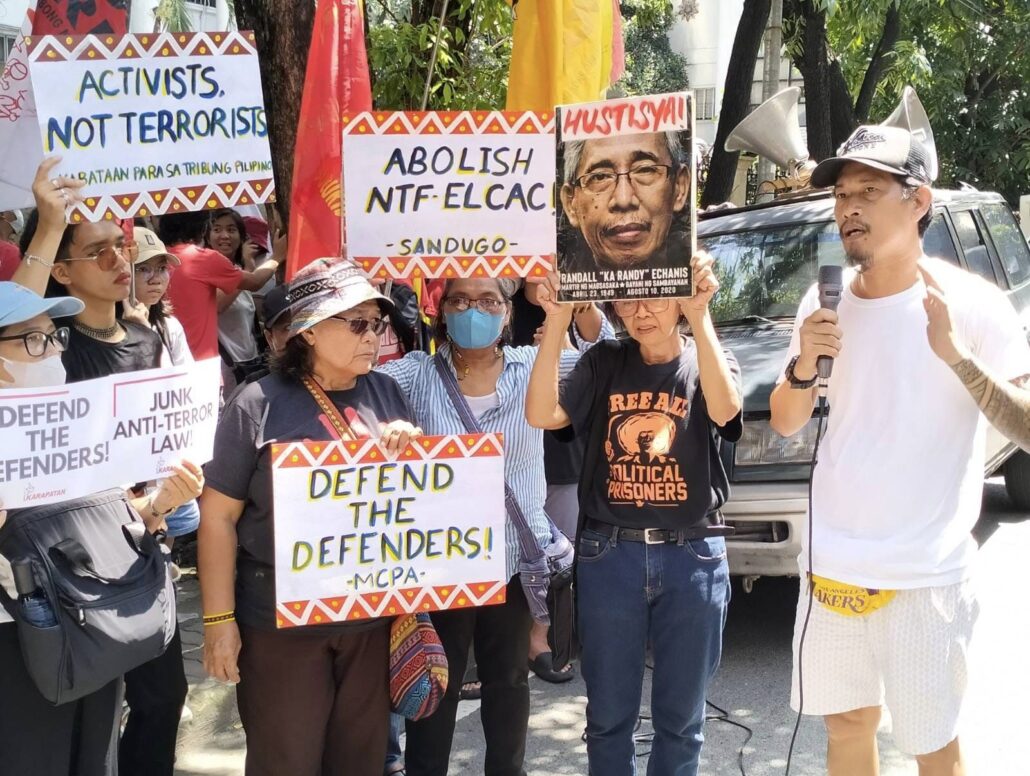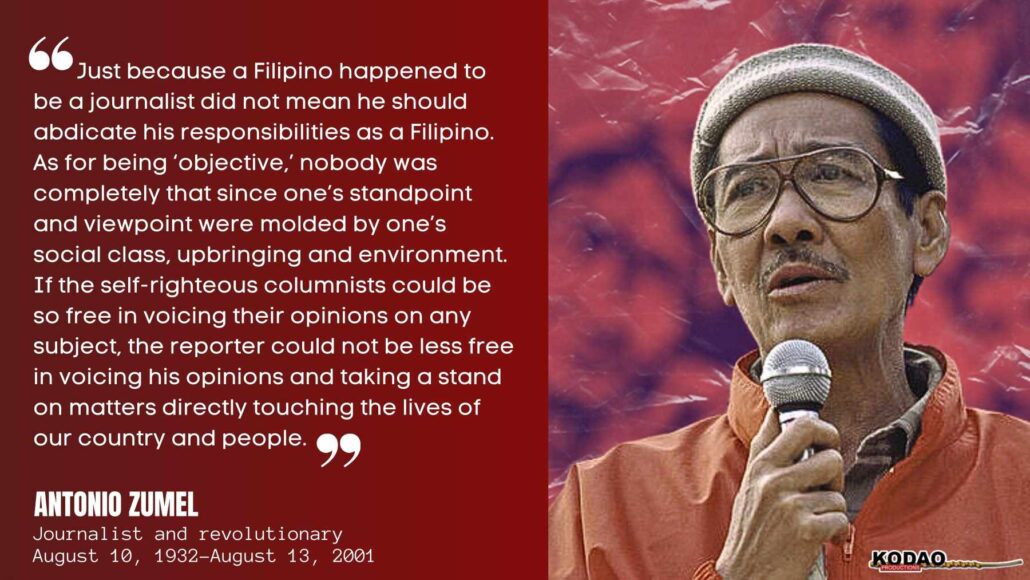Global confab calls on GRP to resume talks with NDFP
A global conference on counterinsurgency and peace urged the Government of the Republic of the Philippines (GRP) to initiate “genuine steps” towards the resumption of peace negotiations with the National Democratic Front of the Philippines (NDFP) by first addressing the root causes of armed conflict in the country.
In a conference themed “The Peace We Want,” the International Coalition for Human Rights in the Philippines (ICHRP) attended by 120 delegates representing 30 organizations across the globe last November 7 to 9 in Bangkok, Thailand to discuss the impacts of the continuing civil war in the Philippines under the Ferdinand Marcos Jr. government.
ICHRP chairperson Peter Murphy said a just and lasting peace in the Philippines remains their coalition’s foremost objective and is an integral part of their commitment and solidarity with the Filipino people.
“And so we urge both parties in the process to resume the peace process, which should never have been stalled,” Murphy said.
Former President Rodrigo Duterte cancelled the peace negotiations between the GRP and the NDFP in June 2017, a process which has not been resumed by Marcos Jr., the first president to do so since 1986.
In her speech, NDFP Negotiating Panel Member Coni Ledesma blamed the GRP for cancelling the scheduled fifth round of talks in June 2017 set to approve an “interim peace agreement” that includes a deal on free land distribution among the poorest of farmers.
“The GRP has used many excuses to cancel or suspend or terminate the talks when progress is made on socio-economic reforms. Just before (former President Rodrigo) Duterte terminated the talks in 2017, the working groups on both the GRP and the NDFP agreed on free distribution of land. This was a big breakthrough. And then the termination, which has been going until now,” Ledesma said.
She added that a GRP that has political will to recognize, face and accept the basic problems in the Philippines and agree to work with the NDFP to start solving these problems is needed.
While maintaining openness to resume negotiations, the NDFP repeatedly said it rejects so-called localized peace talks the GRP for its part said is their new strategy in dealing with revolutionary Left formations across the country.
In his own message to the conference, Manila Economic and Cultural Office Chairperson and former GRP Negotiating Panel Chairperson Silvestre Bello III confirmed they “were so close in signing an interim peace agreement” in their negotiations with the NDFP from 2016 to 2017.
“In order for us to achieve peace in our country, we should not be signing peace agreements alone but we should be addressing the root causes of the armed conflict,” Bello said.
“It is therefore incumbent upon the government to eradicate what breeds insurgency and discontent. Doing so will sow the seeds of peace,” he added.
Since its suspension of the peace talks in 2017, however, the Duterte GRP attempted to proscribe NDFP-allied organizations Communist Party of the Philippines and the New People’s Army as terrorist organizations, a petition struck down by the Manila Regional Trial Court in September 2022.
Dozens of NDFP peace consultants have also been killed and imprisoned by the GRP since 2017.
In its approved General Program of Action for 2024 to 2027, ICHRP said it shall continue to inform its members and allies worldwide on the Filipino people’s aspirations for a just and lasting peace, self-determination and national sovereignty. # (Raymund B. Villanueva)


